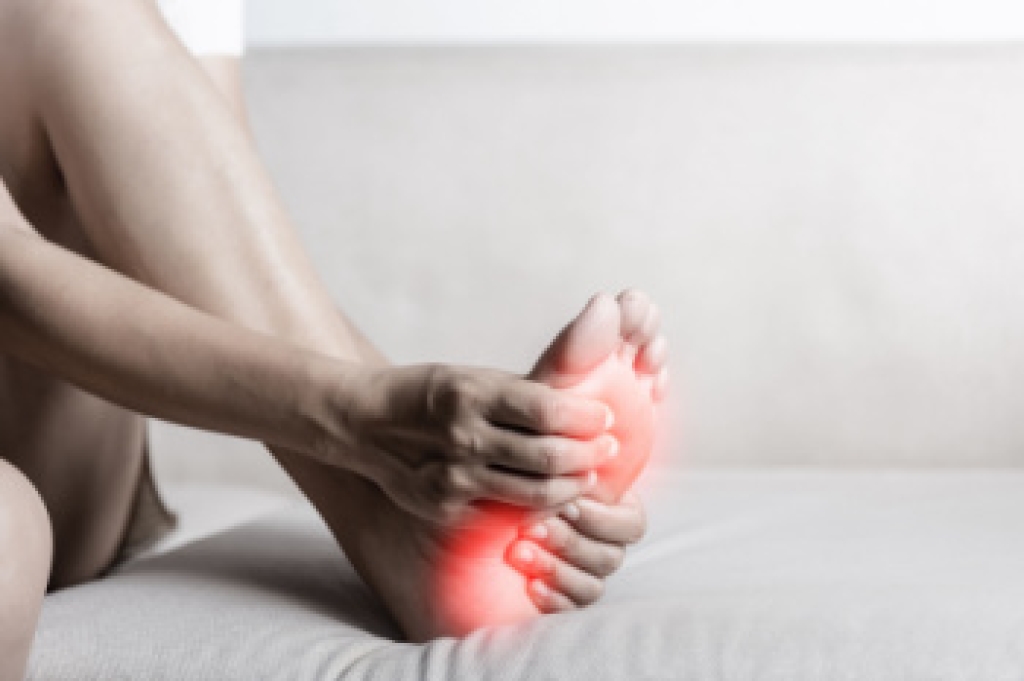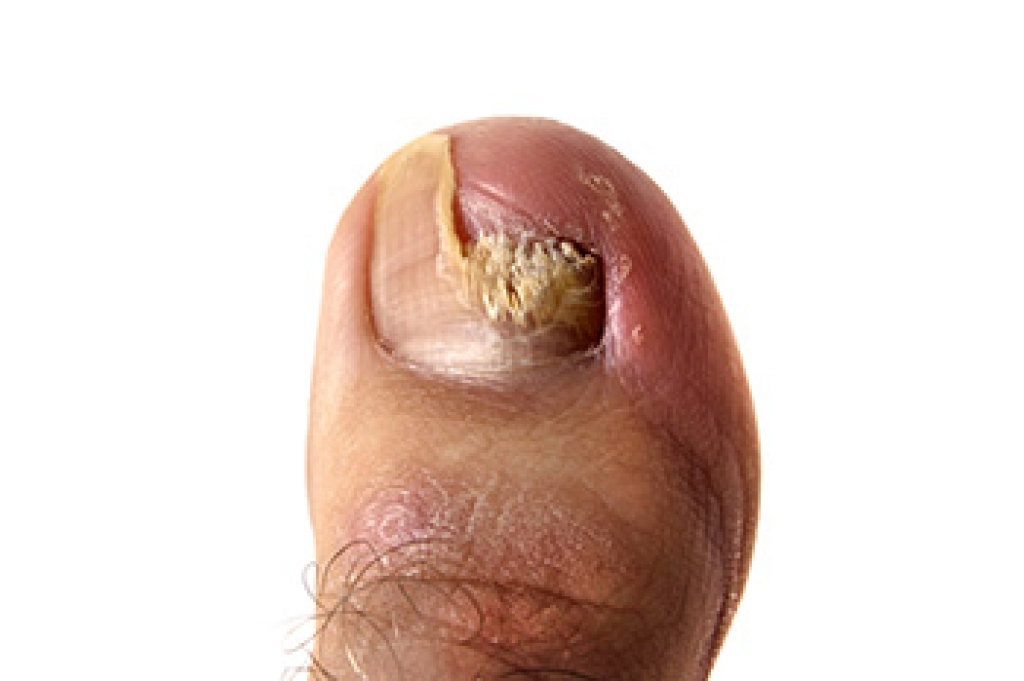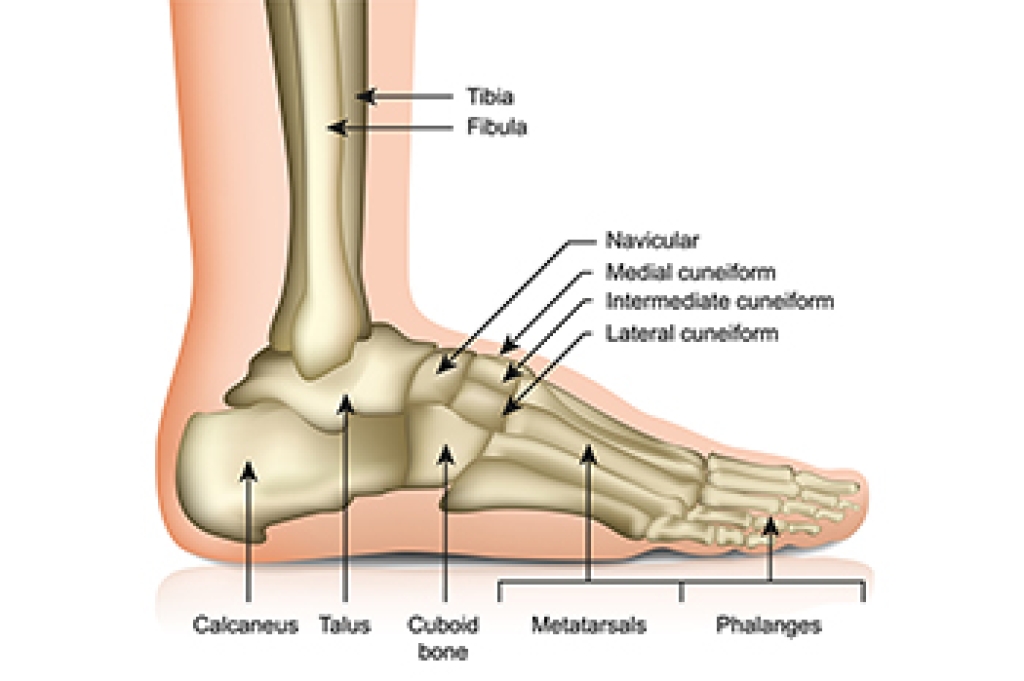
Choosing the right running shoes plays a major role in performance, overall foot health, and injury prevention. Proper footwear helps absorb impact, improve stability, and support natural movement with every step. Wearing the wrong shoes can increase stress on muscles, joints, and tendons, leading to pain or overuse injuries. Different types of shoes are designed for specific activities. Road running shoes are ideal for pavement and treadmills, while trail shoes offer traction and protection on uneven surfaces. Cross training shoes provide versatility for varied workouts, and specialized shoes address unique foot or gait needs. A podiatrist can assess your foot structure, running habits, and biomechanics to recommend the best shoe type and perhaps custom orthotics. If foot pain or recurring injuries are affecting your runs, it is suggested that you consult a podiatrist who can offer effective relief methods and guidance tips.
You should always make sure your running shoes fit properly in order to avoid injury. For more information, contact Steven Wolfington, DPM from Sheboygan Foot Care, LLC. Our podiatrist can provide the care you need to keep you pain-free and on your feet.
Choosing the Right Running Shoe for Your Foot Type
Improper shoe sizing can cause a myriad of problems for your feet. Shoes that don’t fit you properly can lead to muscular imbalances in your body, which can result in foot, knee, and hip injuries.
Tips for Finding the Right Running Shoe
- Make sure you have a thumb’s width of wiggle room between the end of your longest toe and the front of the shoe.
- There should be little to no slipping at the heel
- Don’t assume your size in one shoe brand will be your size in another
- Do not lace up your shoes too tightly
- Walk around in the store with your new shoes before you buy them
If you have any questions, please feel free to contact our office located in Sheboygan, WI . We offer the newest diagnostic and treatment technologies for all your foot care needs.




